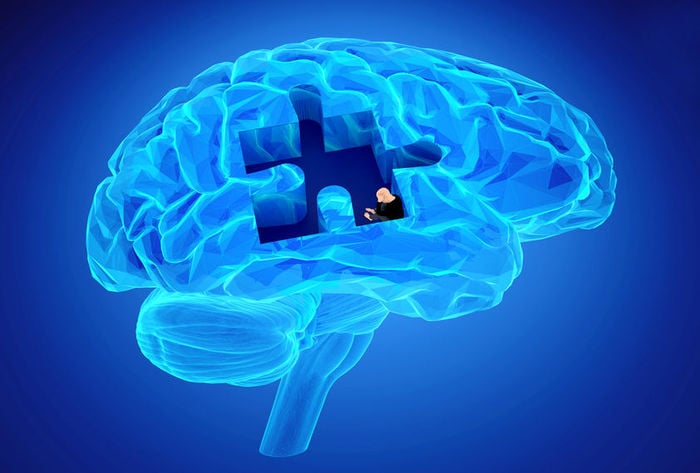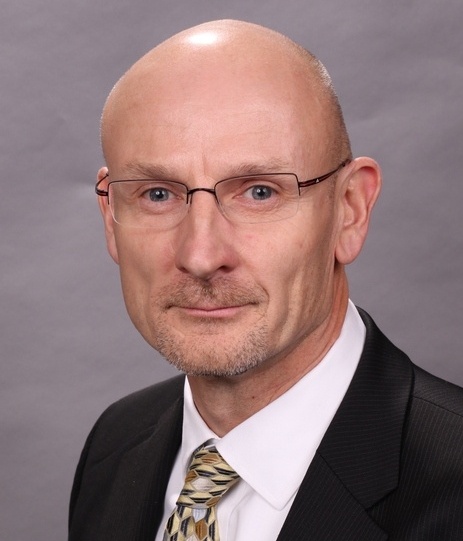By Simon Fogarty
A main presentation track at SLAS2018 entitled "Cellular Technologies" will include the session "Development of Cellular Models for Phenotypic Screening," chaired by Kristen Brennand, Ph.D., New York Stem Cell Foundation-Robertson Investigator and Associate Professor, Departments of Genetics and Genomics, Neuroscience and Psychiatry, Icahn School of Medicine at Mount Sinai, New York, NY. We spoke to Dr. Brennand about the key topics, highlighted trends, and target audience for the talks and presenters he has prepared.
Stem cell-based models for drug development
The overall focus of this session is how to combine high content imaging of stem cell-based models to perform phenotypic screening as a pathway to drug development for personalized medicine. "It's unlikely that psychiatric and neurodegenerative diseases will have a one-drug-fits all solution, and more likely that the practical solution will be identifying a drug either for each person or for each genotype and then clustering people," Dr. Brennand says.
With this approach, drugs should be screened based on patients' genetic backgrounds and on cell types relevant to the disease. "Stem cells let us do this — to capture all the risk factors, both known and unknown, which contribute to a person's background, and to consider the cellular and genetic background of that person, and ultimately assess drugs to reverse it."

Improved cellular technologies for phenotypic screening can help provide insight into neurologic diseases.
Cellular technology as phenotypic screening
Research to be presented in this session will include the development of stem cell-based screening and high content imaging of human neurons, for neuropsychiatric diseases. In particular, research on ALS, from Harvard University, demonstrates "what is possible on a scale that I think the pharmaceutical industry will be excited about adopting," says Dr. Brennand.
Neuronal cell models developed from human induced pluripotent stem cells (hiPSCs) are allowing researchers to see differences in the neurons of patients affected by neurodegenerative diseases, and to screen for drugs to prevent those differences. "Neurite outgrowth and neuronal activity are high-level phenotypes to be able to look at in high content format."
Applications for neurodegenerative disease treatment
Additional presentations will focus on the use of stem cells to model Alzheimer's and Parkinson's diseases, as well as schizophrenia, the variation between people with these complex genetic diseases, and the need for scalability in screening to be able to capture the breadth of these diseases. Another important theme will be the use of CRISPR technologies to understand how single genes contribute to disease and the best application of CRISPR methods to capture the various mechanisms that underlie disease across different hiPSC lines and people.
This session should not be missed by anyone "interested in personalized medicine and personalized drug screening, particularly with neurons. It will help answer the questions of why pharma hasn’t gotten into this, and what's holding them back."
Session presentations:
- Optical tools for single-cell manipulations and sequencing (University of Montreal)
- From patients to neurons and back again (Harvard University)
- Modeling the contribution of common variants to schizophrenia risk (Icahn School of Medicine at Mount Sinai)
- Addressing the scalability of human iPSC-derived neurons for HTS implementation and phenotypic screening (Scripps Florida)
Do your drug discovery workflows run like clockwork?
Let automated liquid handling ensure they do. Discover more in this infographic.
About the author

Simon Fogarty
Simon has a broad background in drug discovery automation covering all areas from assay development to design of automation systems. He is enthusiastic about the life sciences and constantly strives to provide practical working solutions to researchers. After working in both pharma/biotech and life science instrumentation sectors for a number of years he joined Tecan in 2008. At Tecan Simon is Director of the Application Sciences Group the USA.











